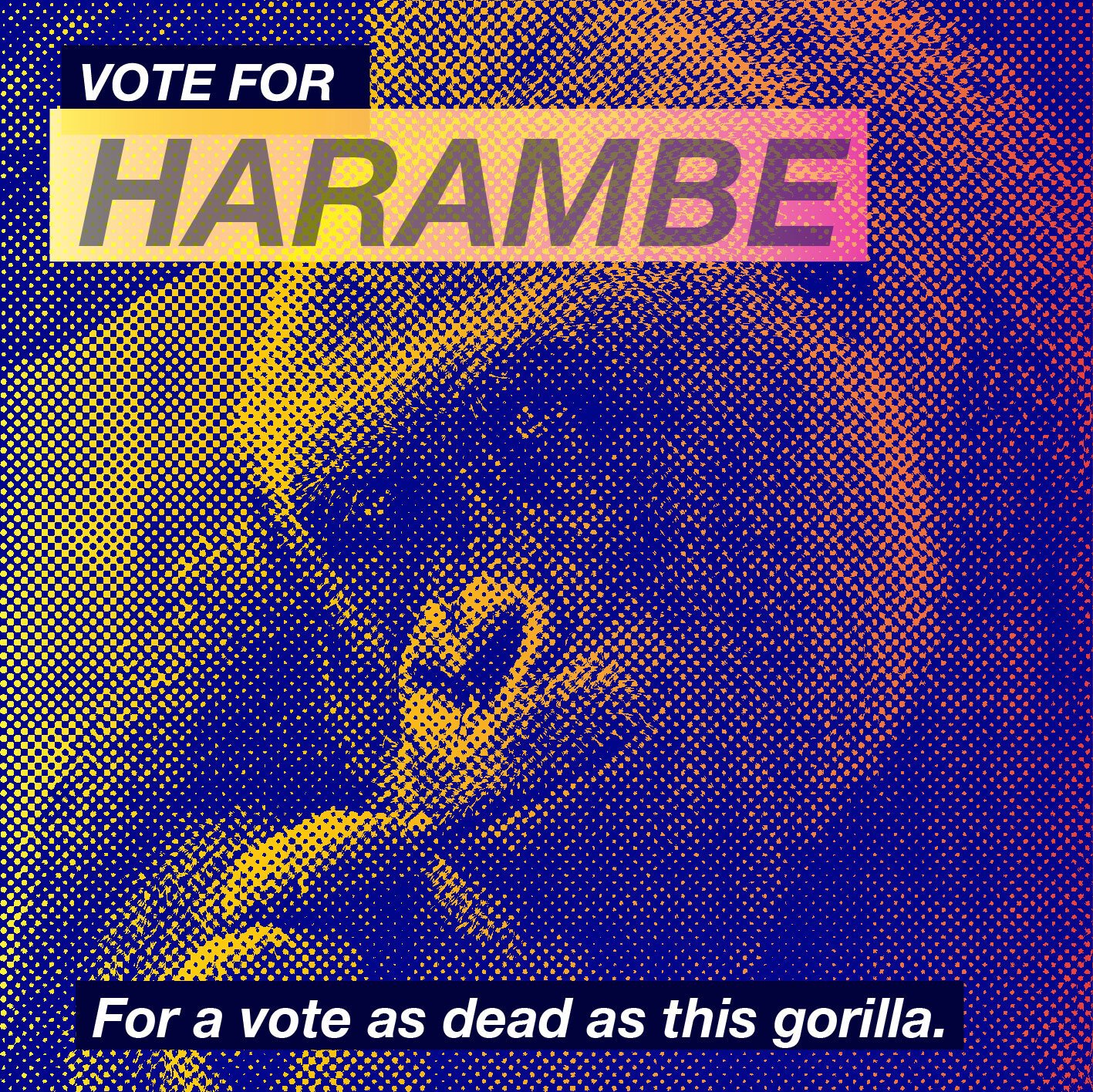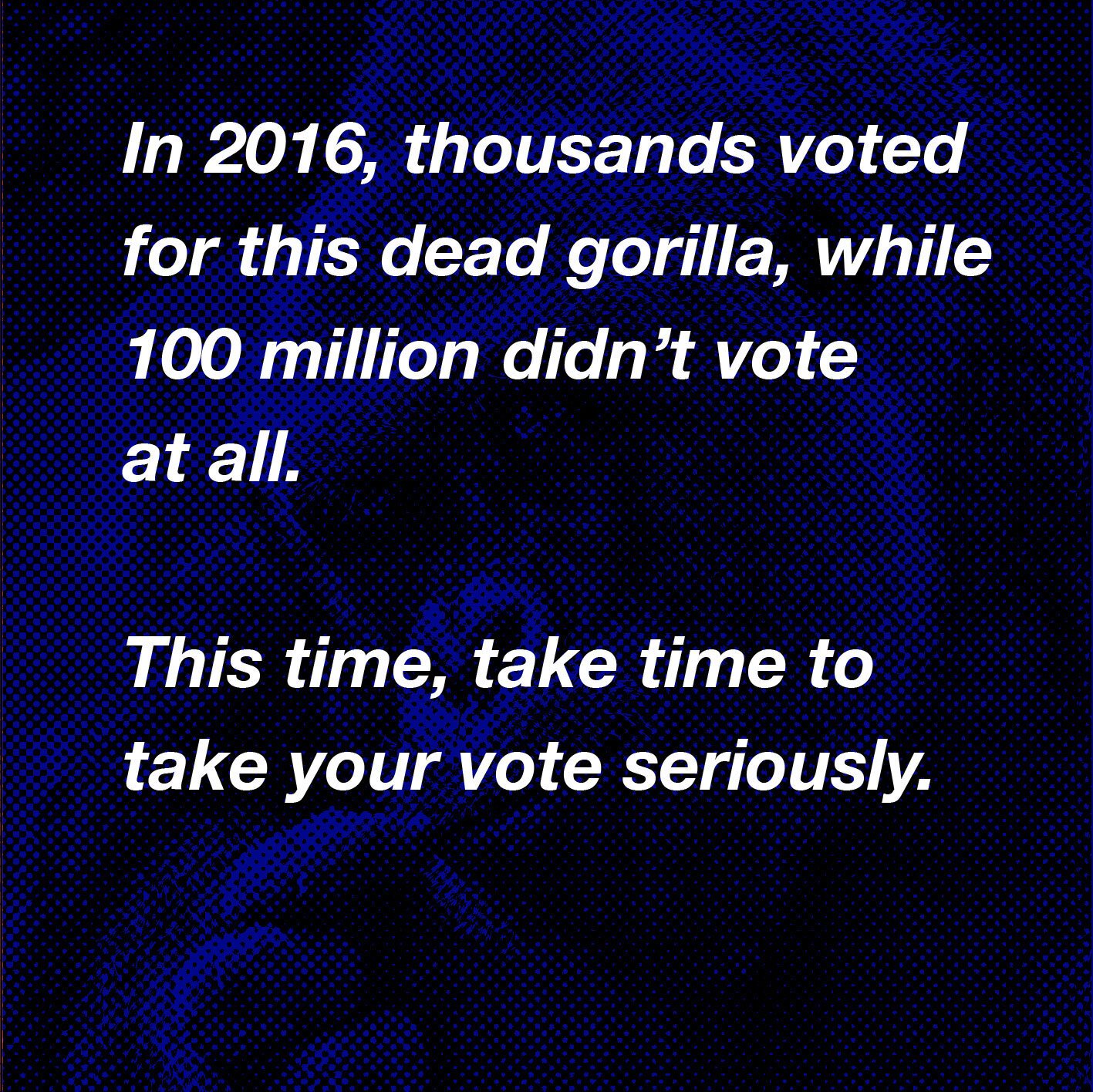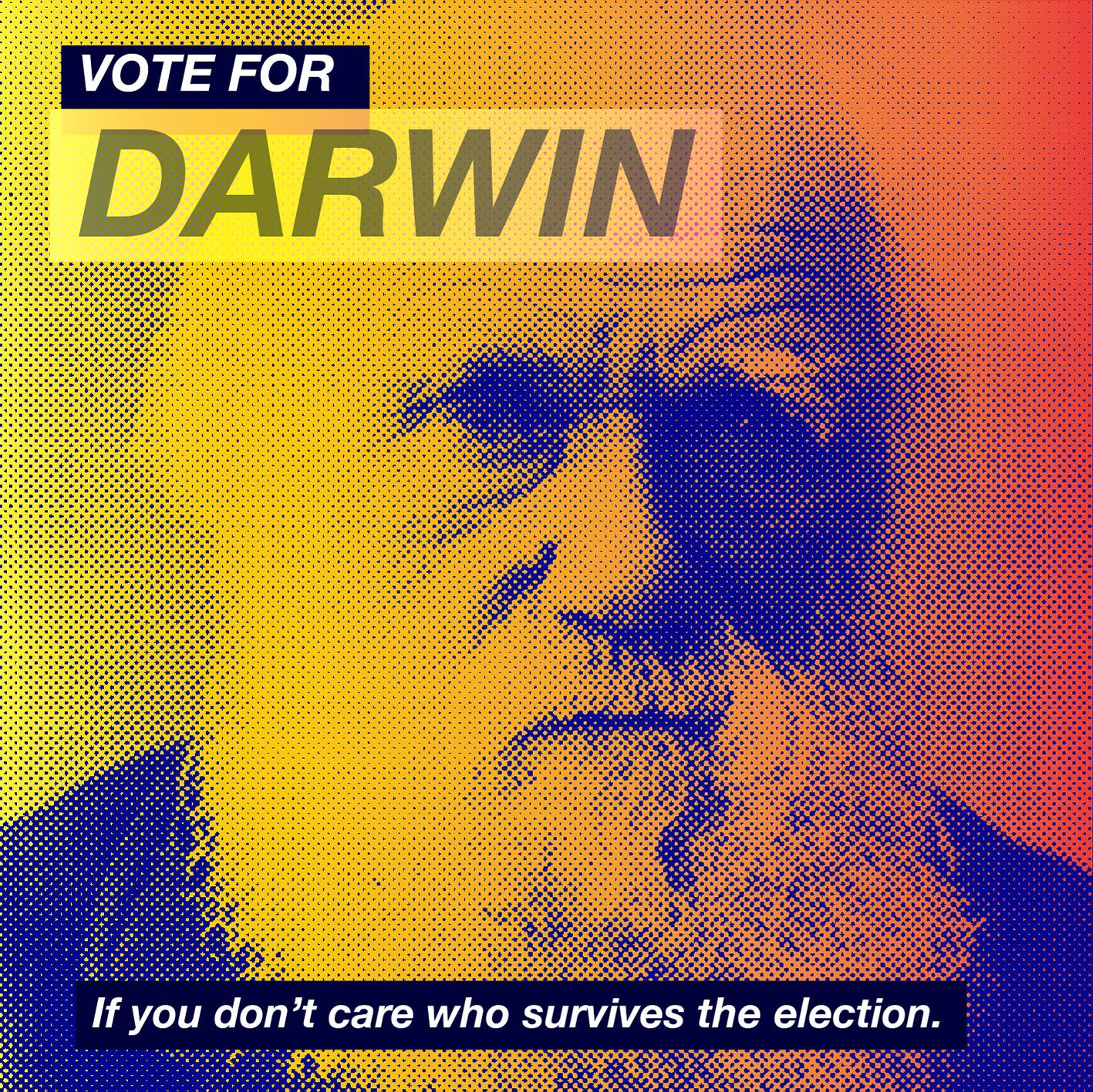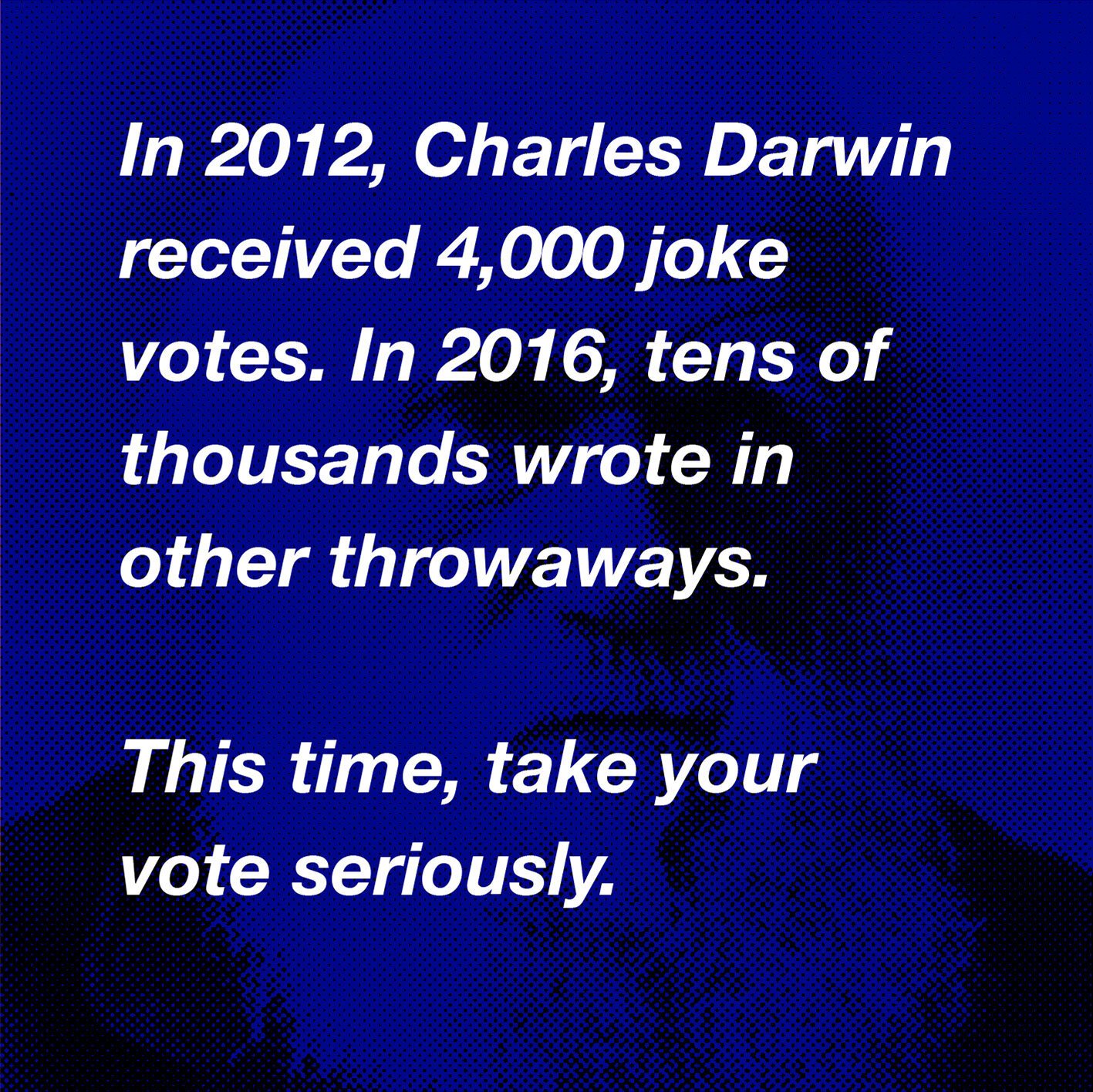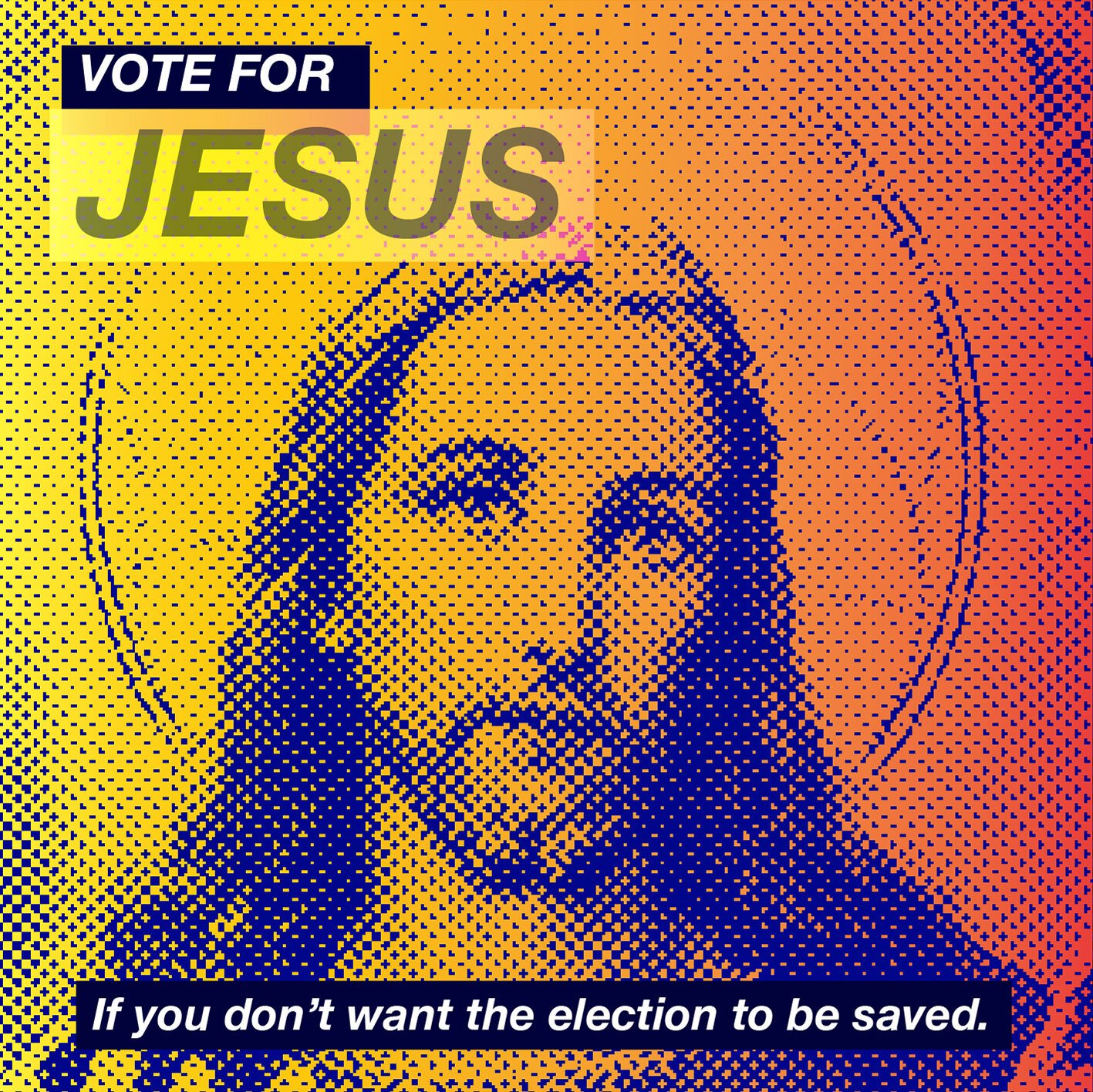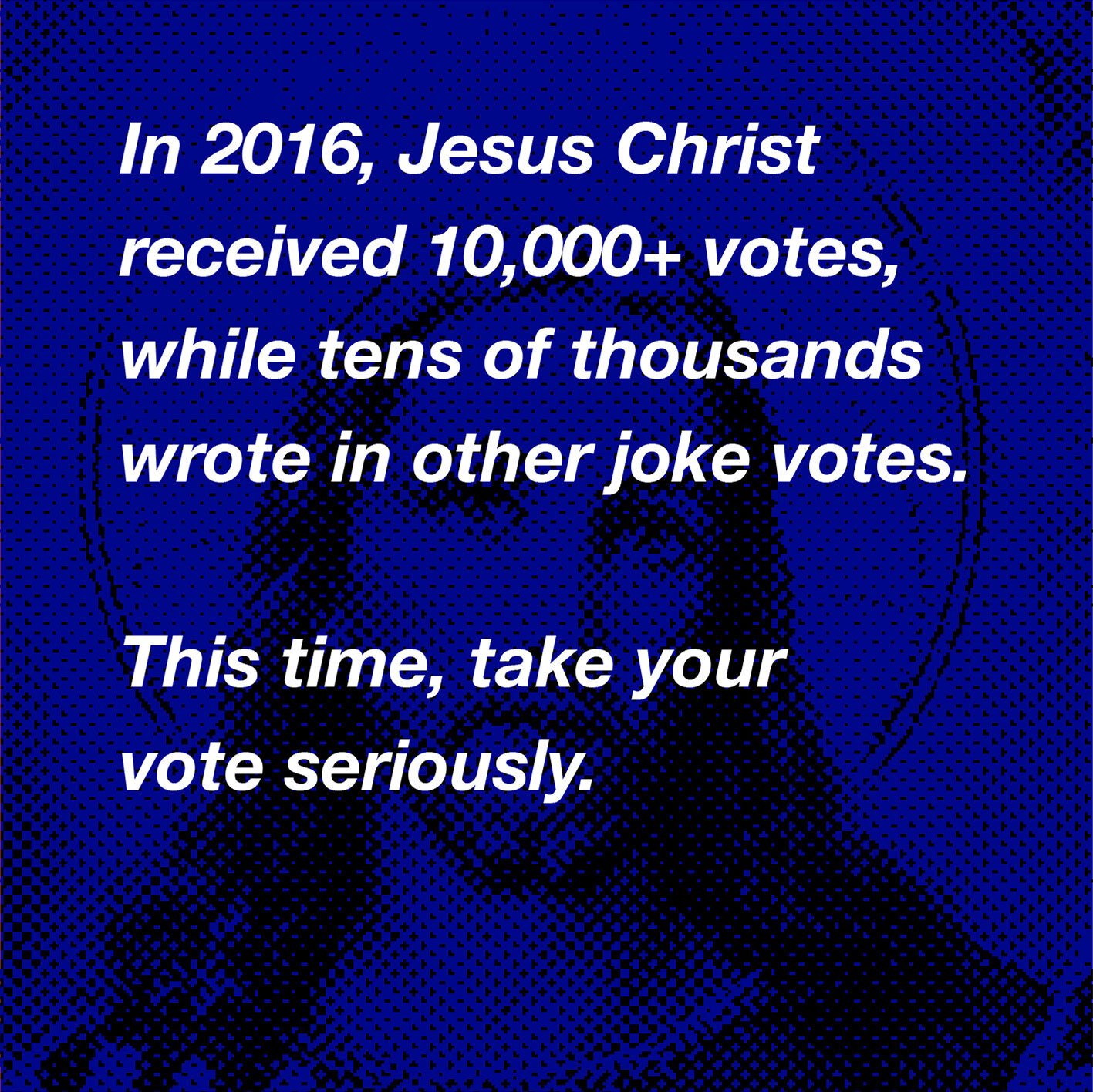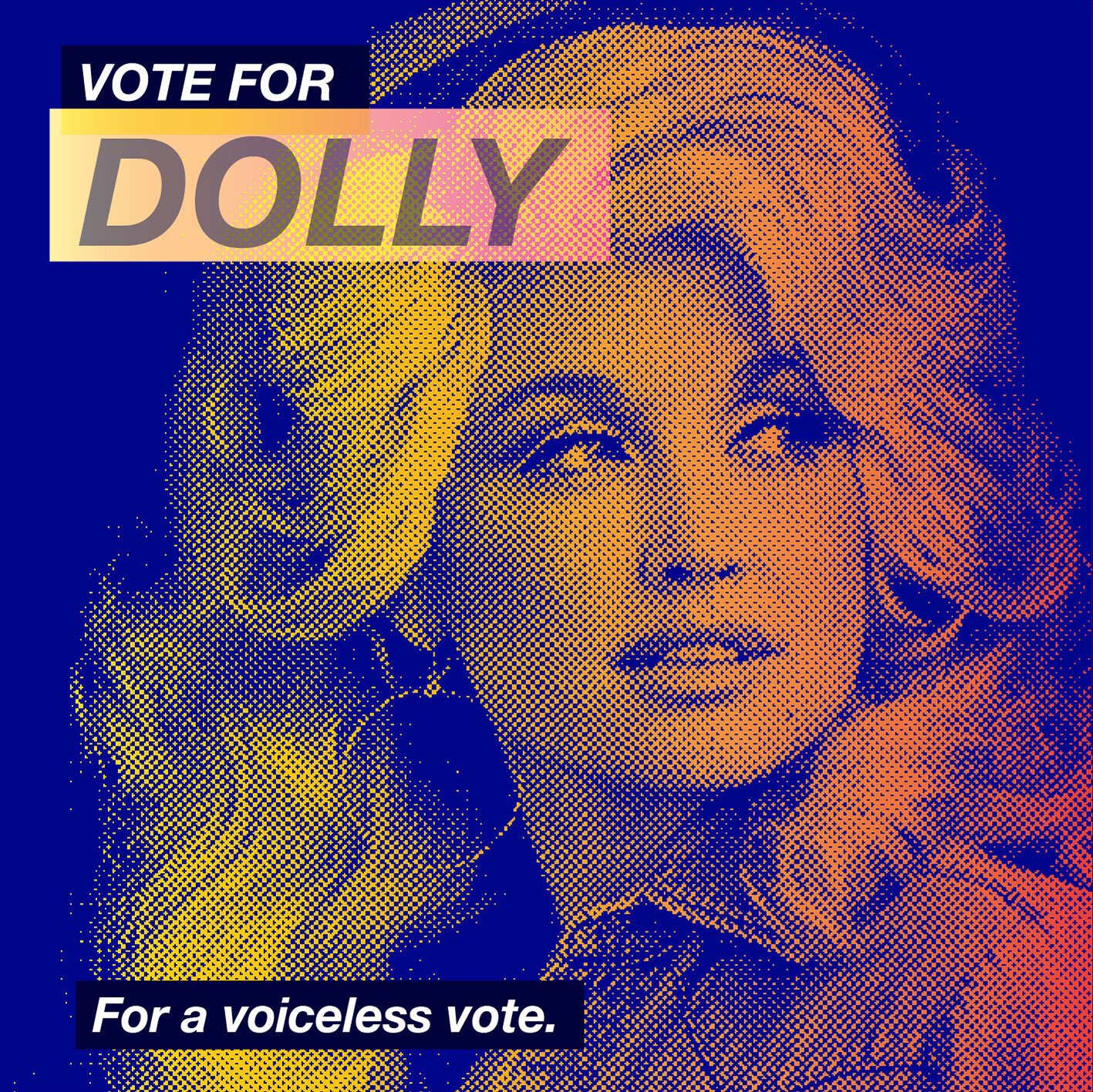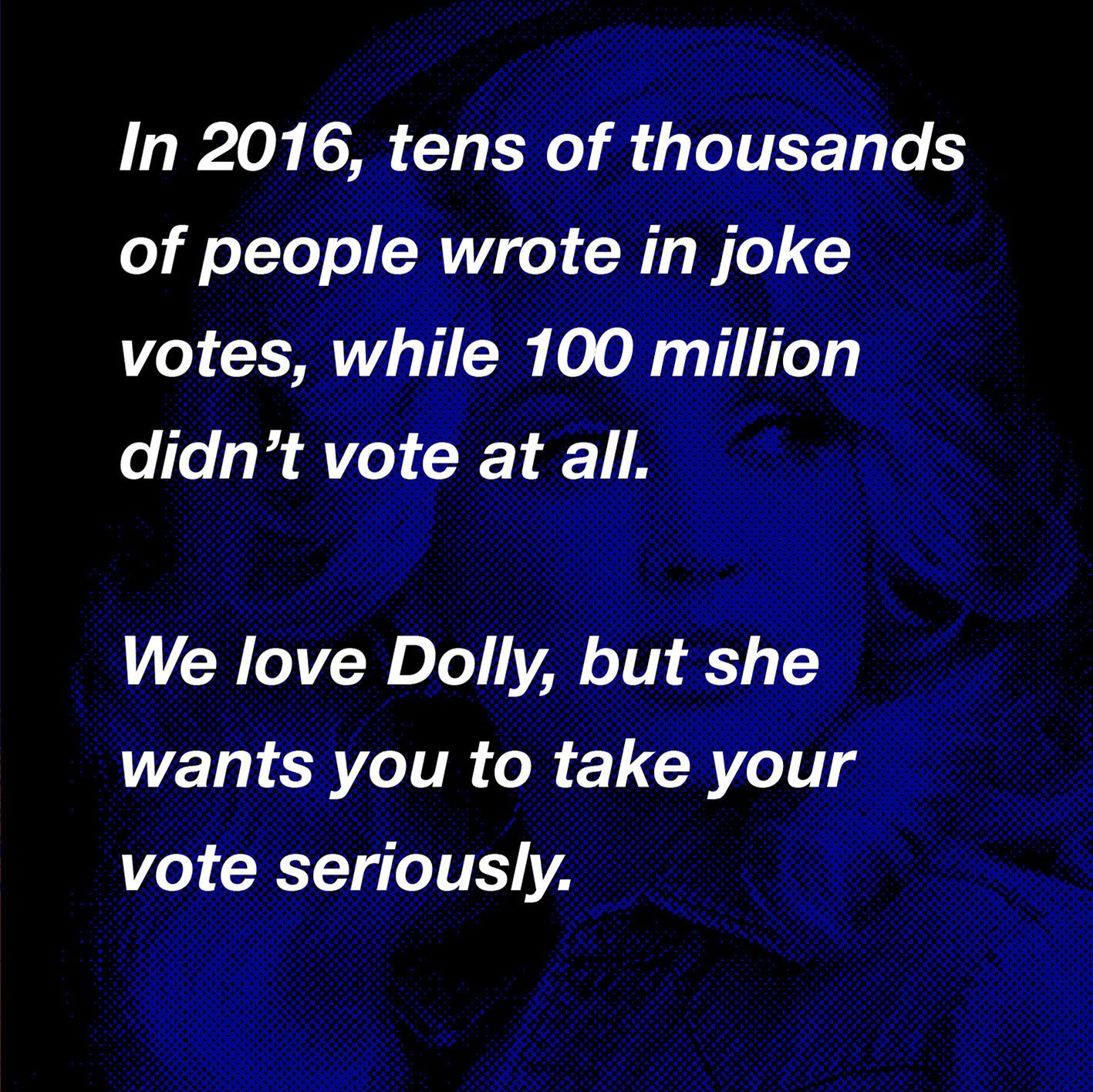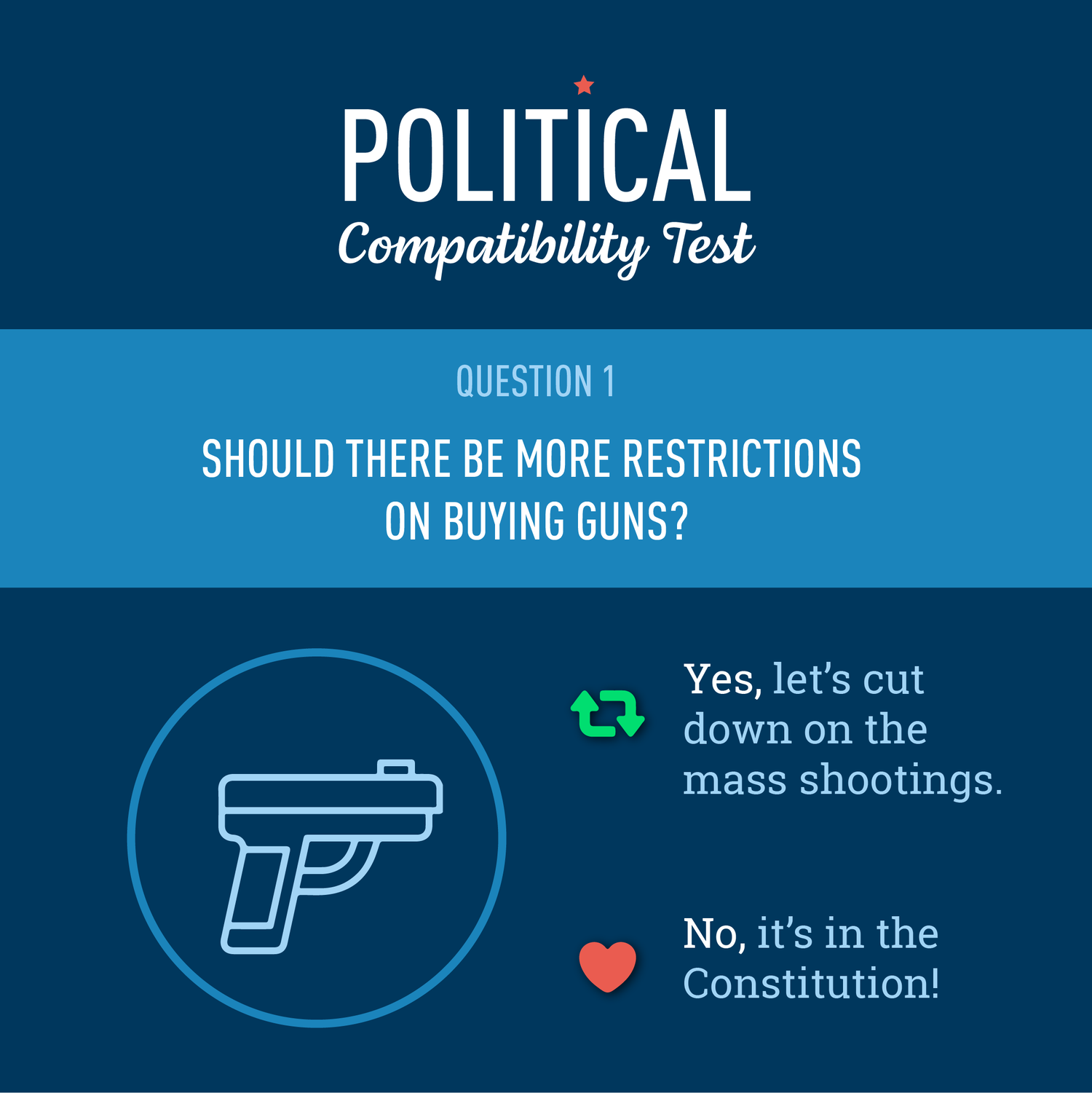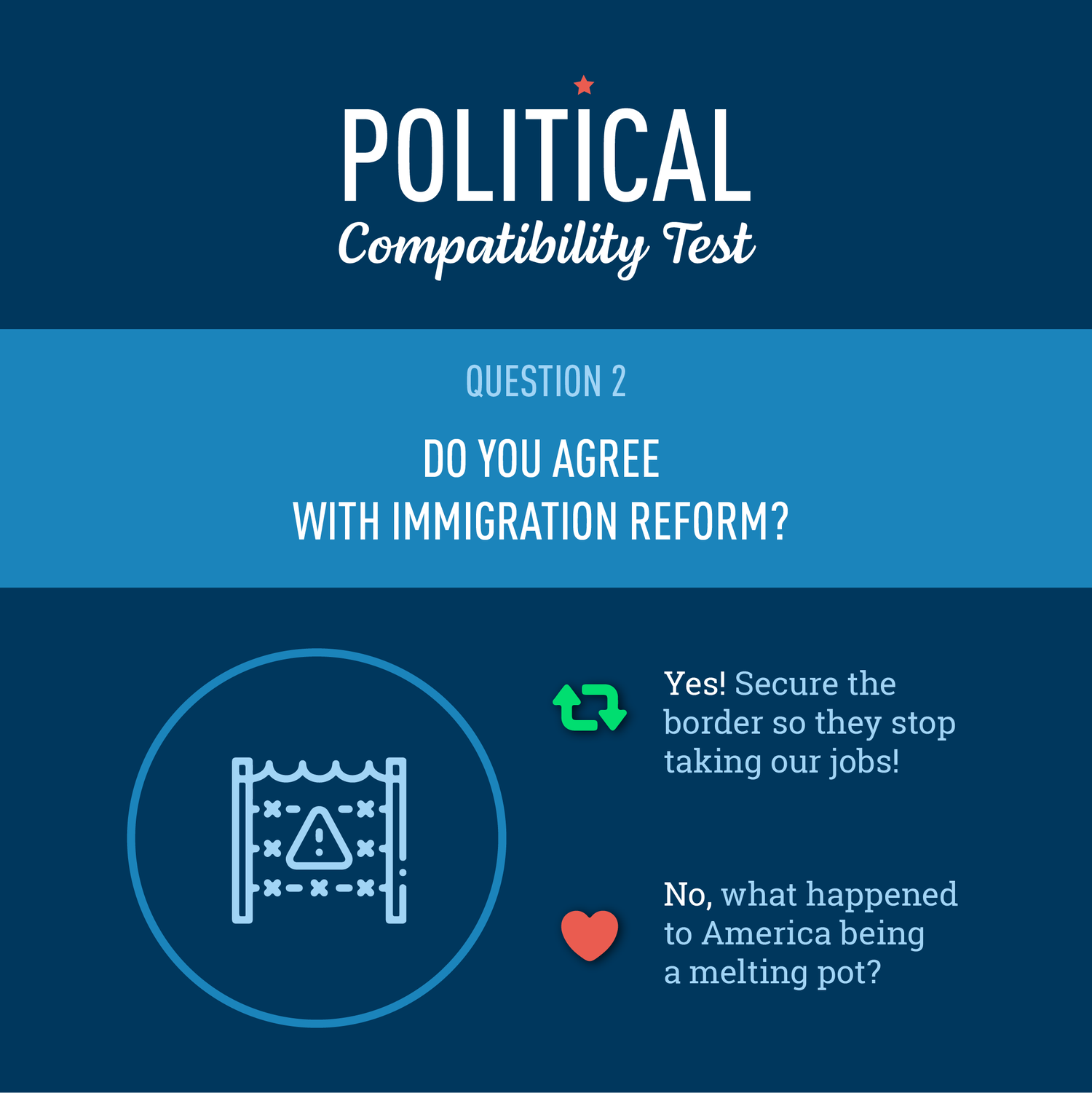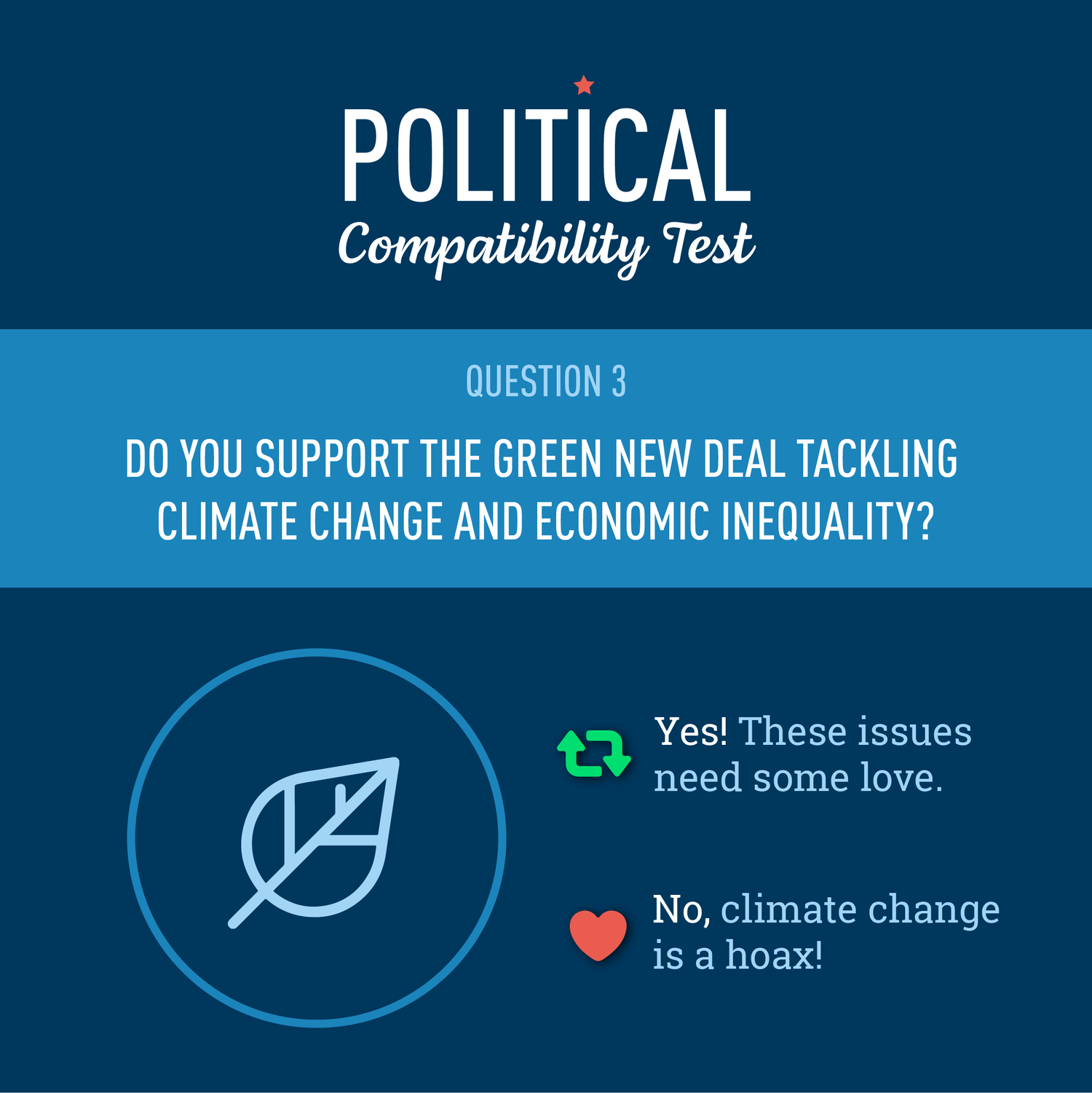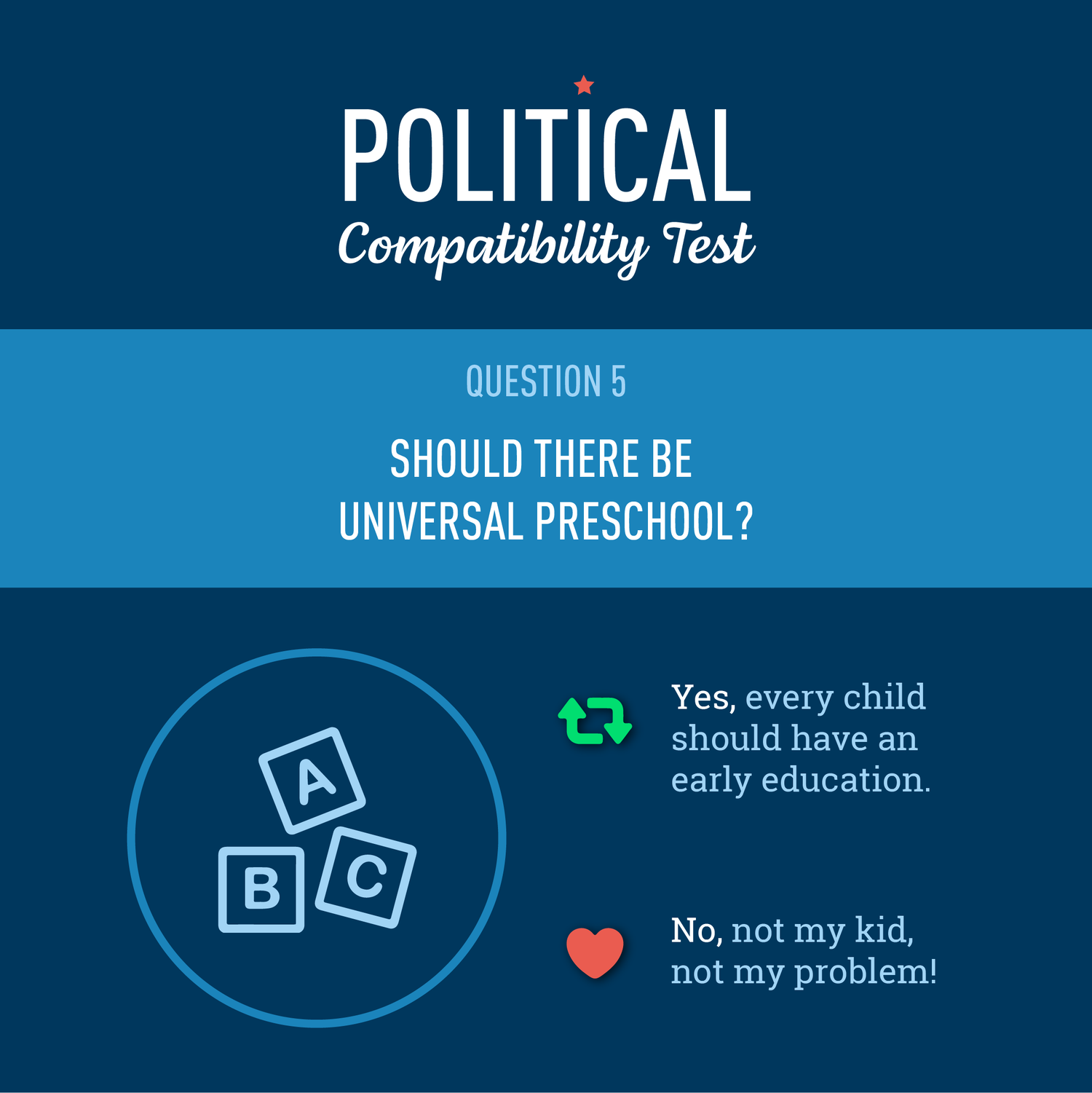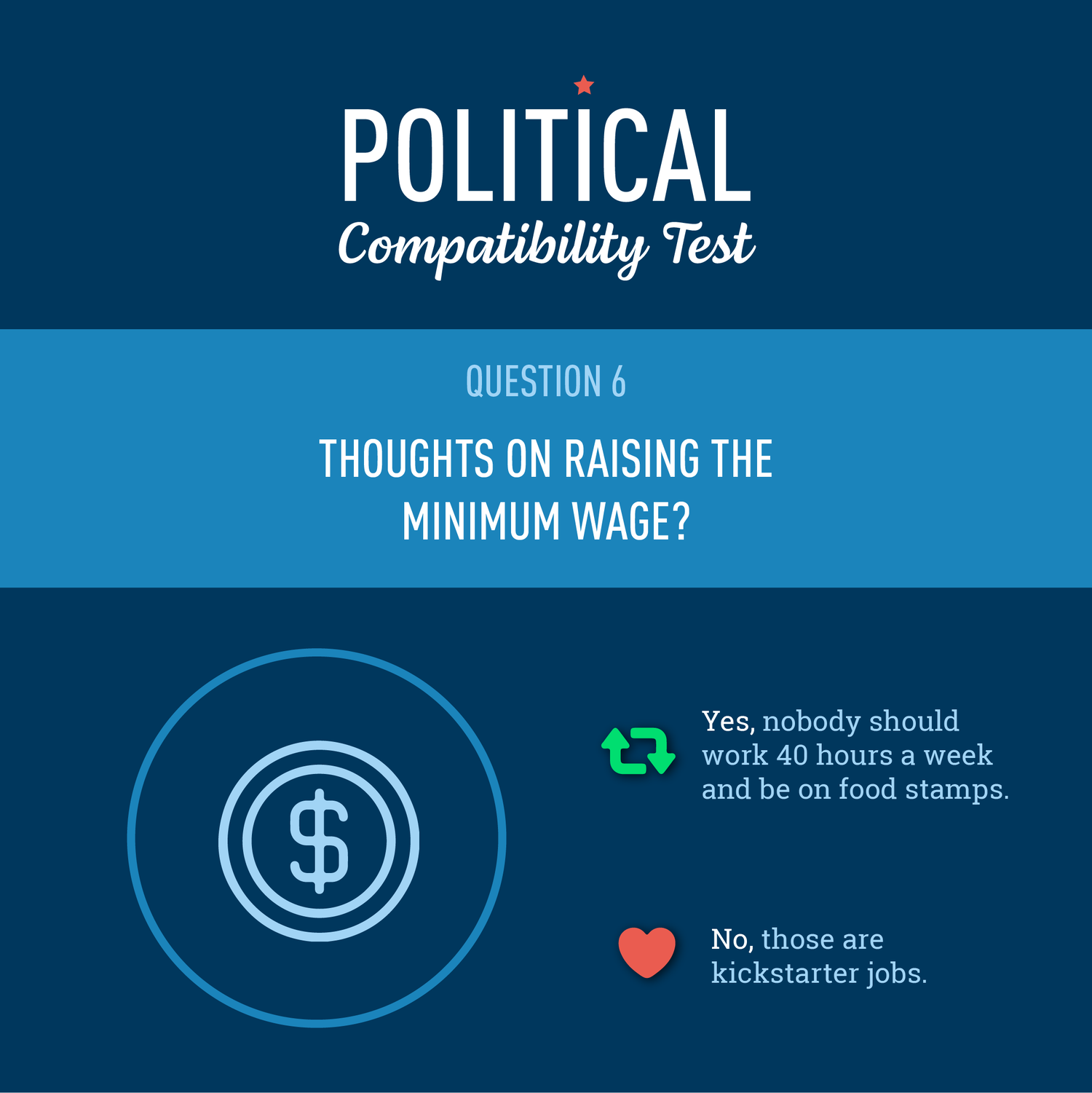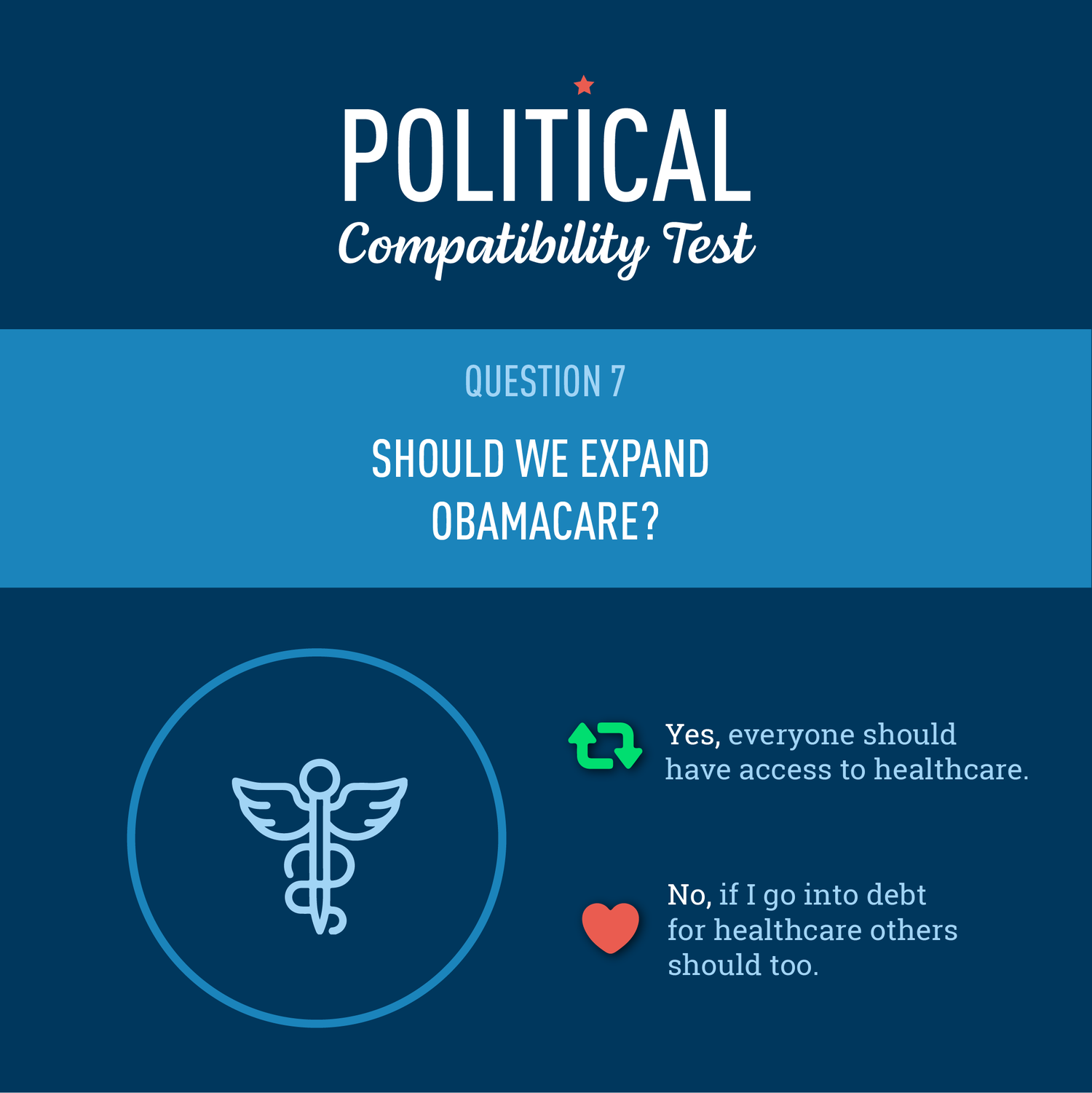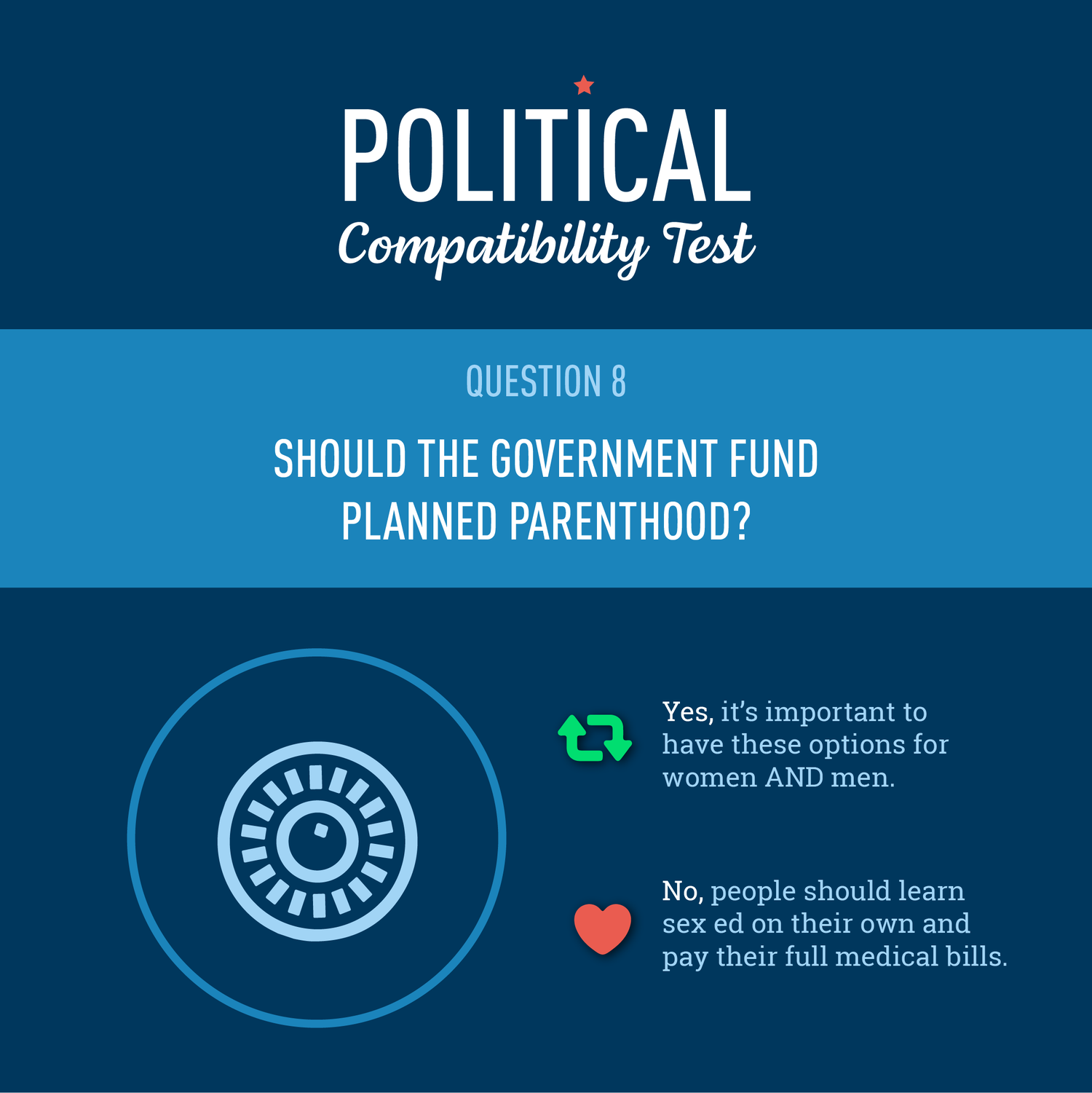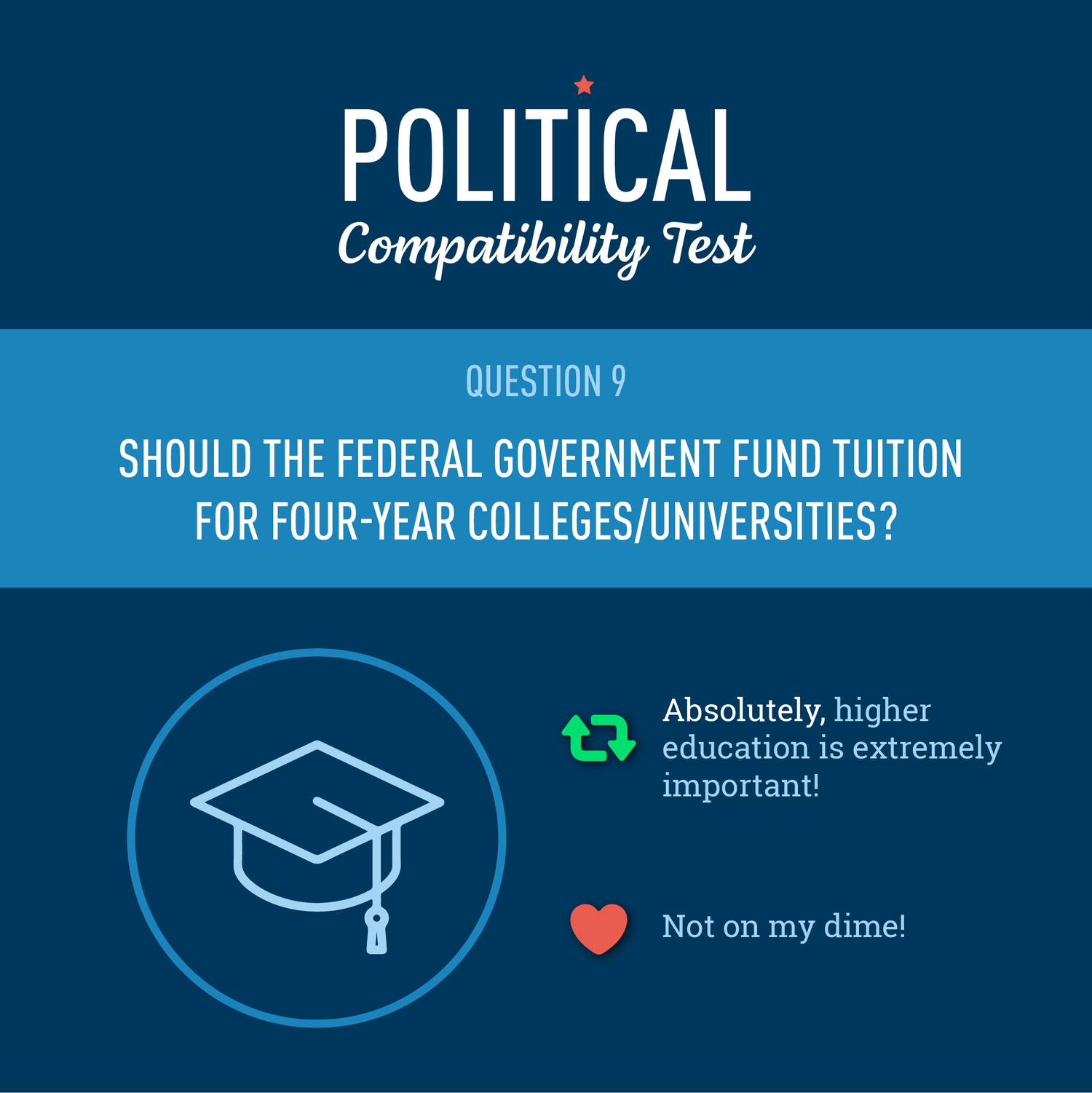Dolly Parton, TikTok, and Identity Verification
What It Takes to Get Out the Vote Using Paid Social
This election is not only a crucial turning point for our democracy, but a colossal opportunity for the younger generation of the United States to make their voiced heard like never before. With that in mind, SOCIALDEVIANT saw an opportunity to showcase our creativity, but to also empower first time voters.
We set out engage with voters in the 18-22 year old range in three key swing states (Michigan, Pennsylvania, and Wisconsin) through hyper-targeted paid social campaigns that disrupt their feed with outside the box, thought provoking creative. What we learned along the way is: If you want to help get the word out about voting, or anything political for that matter… Be prepared for an unprecedented amount of red tape.
Let’s start with Facebook
Obviously, the most controversial and highest risk social platform when it comes to political content. They’ve been singled out by government agencies worldwide for their less than stellar approach to the spread of hate speech, misinformation, and trolling content. So we expected some hurdles when it came to boosting politically motivated content. What happened was a bit more time consuming than one would expect. In an effort to verify that the source of the paid campaign was authentic, I went through a thorough background check provided by Facebook, similar to the rather intense process used for some government jobs. This including verifying past addresses, cars registered in my name, relatives names, and more. Then, to confirm my identity even further, a postcard with a verification code was sent to my address. I should add that I’ve been running paid campaigns on the platform since 2008, but because of the new regulations following the 2016 election, and the political nature of the content, these were necessary steps to take. All in all, the process added about a week to the campaign’s timeline. It’s also worth noting that between 10/27-11/3 (Election day) Facebook is implementing a complete blackout of all politically motivated content on paid social, in an effort to curb outside interference and trolling. The same process applied to our Instagram content, with our Business Manager account going through similar verification hurdles before we could launch any paid efforts.
For Twitter, it was all about documentation
Let’s just say that if you’re ever looking to spread the word about anything even remotely politically motivated, have your paperwork ready. To launch what Twitter deems as a “Cause based campaign” you’ll need to adhere to stricter targeting criteria, as well ad limiting your keyword data to avoid any overly sensitive material. Next, be prepared to submit documentation along the lines of proof of incorporation, or even tax documents. While the turnaround time for approval is fairly quick, they’ve been expectedly busy verifying new advertisers because of the upcoming election.
And then there’s TikTok. An emerging platform that’s found themselves in the center of an international heated debate about privacy and data usage. Consider those strong factors along with the fact that the majority of users are teens, the platform wisely “NOPE’d” right out of any grey areas when it comes to political advertising and banned the practice all together. Anything posted encouraging first time voters to hit the polls was simply posted organically.
AFTER JUMPING THROUGH ALL OF THESE COLLECTIVE HOOPS,
WE SET OUT TO ENGAGE WITH FIRST TIME VOTERS WITH THREE CREATIVE MINI-CAMPAIGNS.
The first focused on how many votes have gone to waste in the past.
Citing real stats from prior elections, we called out irresponsible voters for wasting their time at the polls voting for the likes of Harambe, Dolly Parton, and yes, even Jesus. The point was made, albeit with some controversy, that no matter how strongly your vote may not matter, IT DOES.
Our paid efforts on Twitter hit a strong note with our targeted audience, generating the strongest engagement rates we’ve seen in years, with over 4,000 interactions in a single day, and a nice boost to our following as well. Instagram took off as well, with Harambe and Dolly gaining over 40k impressions in two days.
The “Political Compatibility Test” was optimized for engagement with our niche audience, asking for a “Favorite” or Retweet depending on their opinion on a handful of hot button issues including gun control and immigration. Safe to say, this resulted in both high engagement rates, and some passionately charged responses along the way. A success on paid social nonetheless, with a well above average engagement rate of almost 8% per question in a two day span.
And finally, the time had come for SOCIALDEVIANT to embrace TikTok
These tongue in cheek posts take aim at the fashion centric and “selfie centered” lifestyle that drives the platform. By touting an “I Voted” sticker as the latest fashion trend, or using flashy filters while detailing how little time it takes to vote, we sought out to disrupt the casual scrolling experience for a good cause.
So if you’re ever looking to put some paid social behind a cause you’re fighting for, be prepared to do some paperwork, prove you’re not a robot (or a Russian troll) and give yourself some extra time before going live.

